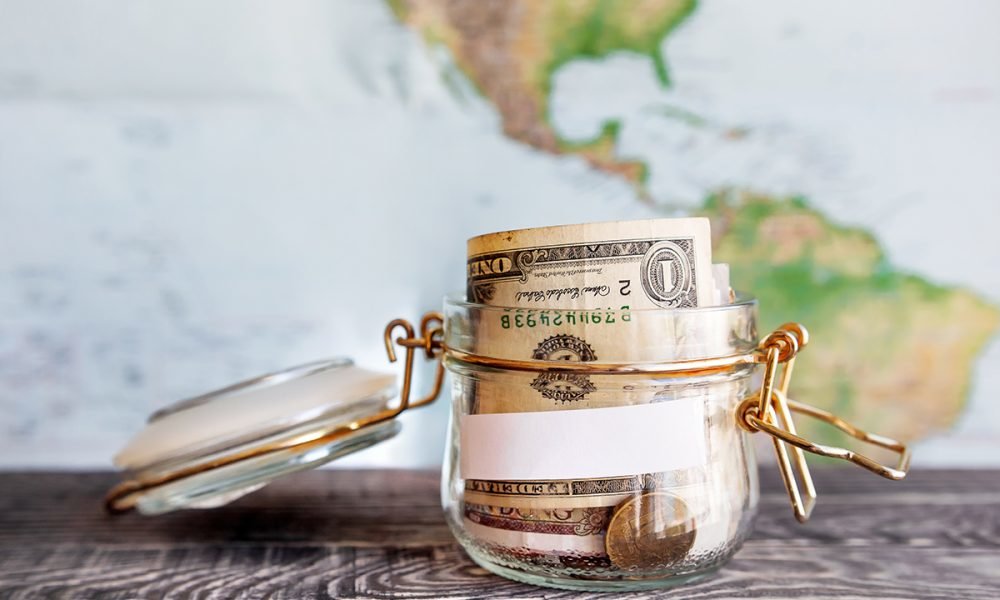The Truth Behind Why You’re not Saving Money

You Don’t Have Enough Cash In the Bank Because You’re Failing to Save Money
Having the means to put food on the table and buy us the things that we need and want comes easy if we have a source of income and a system in managing our finances. But more often than not, we find ourselves struggling to make ends meet because we seem to not have enough money in our bank account, for reasons that only we can control. Excuses are always there to justify our situation — from having an unplanned repair job in the house, to dealing with a health emergency that cannot be avoided.
But the bottomline really is that it is in our power to do something about our financial situation, but it takes more than discipline to work it out. You need to be willing and bent on coming up with a plan to start saving for today and tomorrow. To do that, it is best to be cautious of the common pitfalls that that lure us to be in a financial dearth.
Reckless Spending

This happens when you’re spending more than what you’re earning, or when you make a purchase that is not necessary. The situation varies from one person to another, depending on what each person desires. It may be buying a gadget that you don’t need but you fancy a lot, to filling up your grocery cart with items that you have no use for.
Just think for a moment on how much money you’re burning when buying these things, and you’ll realize for certain that the money spent can be set aside for later, and for a more important purpose. So, before you set your sights on a nice pair of shoes or a nifty electronic toy, tell yourself that you’d rather kill the urge to snap up the item.
No monitoring of expenses

Do not be lazy in keeping track of how much you’re spending and how you’re spending. Have a record of your expenses and put a semblance of order by categorizing them such as food, drinks, gas, utilities, toiletries, and other classifications that will tell you right away where most of your money go to. This is the most practical way of identifying your spending habits and being able to make adjustments when necessary. Put these against your budget and you’ll now have a clearer picture of how much you can keep, no matter how little, for your savings.
No plan set up

Nothing good will come out of your record if you don’t map out a concrete plan on how to save. Set realistic yet meaningful targets with milestones to track your saving progress. It takes time of course, but once you stick to a plan that has been written, you avoid getting sidetracked and so you are now forced to follow your plan. If you don’t write it down and just leave it to your memory, then you will likely fail in the execution. Don’t be afraid to adjust your goals as the situation calls for it.
Not acting

A plan without an action is just a piece of note to yourself that you can easily throw out of the window. The main part of your plan is to take action. Do what you have written and bravely face the challenges that come your way. You won’t see any result if everything’s just on paper. Take baby steps if you’re afraid of taking long strides towards your goal. Slowly, but surely, you will start seeing the outcome of your discipline and patience.
Can’t say “No” to your wants

We live in a world where there are just too many temptations, and human beings are generally weak when it comes to ignoring certain material things such as the latest mobile devices, car models, clothes, and other stuff that celebrities or your flashy neighbours have. We are envious creatures, whether we’d care to admit it or not, and this mentality exerts a strong influence over what we should acquire and when to do so. So it’s time to make a serious pact with yourself and say that you don’t have to always give in to your desires just because having them will make you feel good. Postpone, or quell the gratification for more important things.
Not prioritizing your finances

The sum of all these points is that your finances should come first before your desire to spend. Think long-term and you are least likely to fail in your efforts to save not just for a rainy day, but for any kind of day that you will have. Don’t cower at the thought of sitting down regularly to work on your record and plans, because running away from this task will only make you fail.
If you still find yourself no better than when you started, then it can either mean that you’re not taking enough action, or certain obstacles are in the way of your savings plan such as career issues, health concerns, or perhaps relationship problems. Whatever these may be, you have to figure out objectively the reasons why you’re not making progress. And once you do, factor into your plan how you intend to get rid of or work around your issues so that you can move forward. It is entirely up to you.